
WARNING: Social Media Ads Paid For By Scammers With Stolen Money
Scammers are increasingly turning to Social Media Ads to Lure In their Victims!
How Scams Work – A SCARS Insight
Article Abstract
Scammers exploit the vast user bases using the sophisticated targeting options of social media platforms like Facebook, Instagram, and TikTok, using social media ads to lure unsuspecting scam victims into various deceptive fraud schemes, including fake investments and romance scams.
Despite weak efforts by platforms and authorities, the prevalence of these scams continues to rise, with thousands of complaints reported to organizations like the Better Business Bureau and the Federal Trade Commission.
Scammers leverage trust and familiarity in their ads, mimicking legitimate businesses to deceive users, and target vulnerable audiences using tailored ads.
Influencers also play a role, sometimes unwittingly and sometimes as participants, in promoting scams to their followers.
While platforms attempt to combat these scams, their efforts always fall short, highlighting the need for continued vigilance and collaboration between stakeholders, and real government regulation to protect us all from the dark side of social media.
Author:
• SCARS Editorial Team – Society of Citizens Against Relationship Scams Inc.
• Portions by the U.S. FTC and the Better Business Bureau
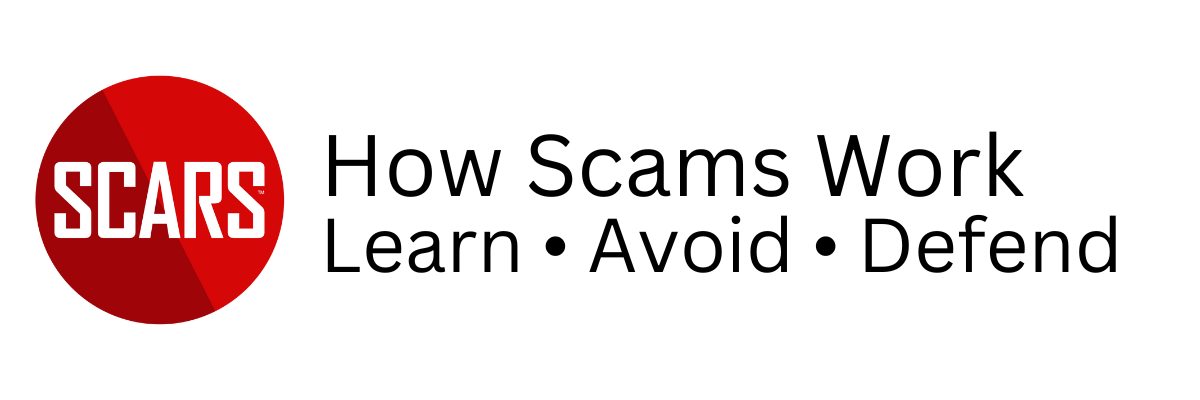
Uncovering the Dark Side of Social Media Ads: How Scammers Use Stolen Money to Lure and Exploit Facebook, Instagram, and TikTok Victims
Scammers love social media ads [advertising] – platforms like Facebook, Instagram, and TikTok have become playgrounds for scammers looking to exploit unsuspecting users and lure them into their scams and fraud.
With their vast user bases and sophisticated targeting options, these social media platforms offer fertile ground for fraudulent activities, including scammer-purchased social media ads. From fake investment schemes to romance scams, scammers are increasingly turning to social media ads to lure in victims.
The Rise of Social Media Scams
According to the Better Business Bureau
Think twice before buying from these social media ads
Social media advertising is an effective way for small businesses to get the word out about their products. Unfortunately, the same goes for scams. BBB Scam Tracker has received thousands of complaints about misleading Facebook and Instagram ads. In fact, the 2022 BBB Online Scams Report found that online purchase scams were the most common cons reported to Scam Tracker and the category with the most victims.
BBB Scam Alert: Think twice before buying from these social media ads
According to the U.S. Federal Trade Commission
According to a report by the Federal Trade Commission (FTC), social media scams have been on the rise in recent years, with a significant portion of fraudulent activities originating from ads on platforms like Facebook, Instagram, and TikTok. These scams come in various forms, including fake investment opportunities, counterfeit product sales, and romance scams.
The FTC’s Data Spotlight reveals that the most frequently reported losses to fraud in social media in the first half of 2023 were from people who tried to buy something. Many of those scams started with an ad on Facebook or Instagram. Consumers recounted stories of undelivered merchandise and lost money – no-show clothes and electronics topped the list – but that’s not the only way that scammers are using social media to sting people.
In the first half of 2023, more than 50% of the money consumers reported losing to fraud in social media went to investment scammers. A typical modus operandi may involve money-making promotions for purported investment opportunities, often using cryptocurrency as the hook. Scammers lure people to websites or apps with their own supposed “success stories,” but consumers ultimately end up empty-handed and with empty wallets.
According to the FTC’s Data Spotlight, romance scams are another source of major financial losses facilitated through social media. In the first six months of 2023, half of the people who reported losing money to an online romance scam said it began through Facebook, Instagram, or Snapchat.
Exploiting Trust and Familiarity
One of the key tactics used by scammers with social media ads is the exploitation of trust and familiarity. By creating ads that mimic legitimate businesses or brands, scammers can easily deceive users into believing that they are engaging with a reputable entity. For example, a fake investment ad may use logos and branding similar to well-known financial institutions, luring victims into investing their money.
“Scammers are adept at creating ads that appear legitimate, using familiar branding and language to trick users into engaging with them,” says cybersecurity expert Dr. Emily Johnson.
Targeting Vulnerable Audiences
Scammers often target vulnerable audiences using social media ads, including the elderly, inexperienced investors, and individuals seeking companionship. By leveraging sophisticated targeting tools offered by platforms like Facebook and Instagram, TikTok, and Snapchat (and others), scammers can tailor their ads to specific demographics, increasing the likelihood of success.
The Role of Influencers
In addition to traditional ads, scammers are increasingly collaborating with influencers on platforms like TikTok to promote fraudulent schemes. Influencers with large followings can lend credibility to scams, making them appear more trustworthy to their audience. These collaborations often involve influencers endorsing products or services without disclosing that they are being paid by scammers.
“Influencers play a pivotal role in the spread of social media scams, as their endorsements can significantly influence the purchasing decisions of their followers,” says social media analyst Sarah Lee.
In fact, scammers are becoming influencers to better expand their reach directly. Ghana Influencer Mona Faiz Montrage ‘Hajia4Reall’ recently plead guilty in U.S. Court to her involvement in Romance Scams. Ghana Influencer Mona Faiz Montrage ‘Hajia4Reall’ Guilty (scamsnow.com)
Combatting Social Media Scams
To combat the growing threat of social media scams, platforms like Facebook, Instagram, and TikTok have implemented measures to detect and remove fraudulent ads, though they are largely ineffective and scammer ads are growing. The cat-and-mouse game between scammers and platform moderators continues, with scammers constantly evolving their tactics to evade detection.
Summary
As social media continues to permeate every aspect of our lives, it’s a survival imperative to remain vigilant against the threat of online scams.
By understanding the existence of scammer social media ads, and the tactics used by scammers on platforms like Facebook, Instagram, and TikTok, users can better protect themselves from falling victim to fraudulent schemes.
Hopefully, continued collaboration between platform operators, cybersecurity experts, and law enforcement agencies will happen and is essential in the ongoing fight against social media scams. However, thus far social media companies have consistently demonstrated that they will only do the bare minimum to maintain appearances and strong government regulation seems like the only solution to hold them accountable.
A Note About Labeling!
We often use the term ‘scam victim’ in our articles, but this is a convenience to help those searching for information in search engines like Google. It is just a convenience and has no deeper meaning. If you have come through such an experience, YOU are a Survivor! It was not your fault. You are not alone! Axios!
More:
- Scam Victim Alert: Scam Social Media Comments (romancescamsnow.com)
- Social Media – Where Scams Are Born! (scamsnow.com)
- Social Media Money Flipping Scam (romancescamsnow.com)
- CDA Section 230 – Why Facebook & Social Media Largely Ignore Scammers (romancescamsnow.com)
- UK Moves Forward With Online Regulation Of Social Media (romancescamsnow.com)
- Social Media Safety – Securing Key Accounts (romancescamsnow.com)
- No Social Media Cares About Your Safety – The New Bottled App Is No Exception (romancescamsnow.com)
SCARS Resources:
- Getting Started Right: ScamVictimsSupport.org
- Sextortion Scam Victims: Sextortion Victims Support – The Essentials (scamvictimssupport.org)
- For New Victims of Relationship Scams newvictim.AgainstScams.org
- Subscribe to SCARS Newsletter newsletter.againstscams.org
- Sign up for SCARS professional support & recovery groups, visit support.AgainstScams.org
- Join our Scam Survivors United Chat & Discussion Group facebook.com/groups/scam.survivors.united
- Find competent trauma counselors or therapists, visit counseling.AgainstScams.org
- Become a SCARS Member and get free counseling benefits, visit membership.AgainstScams.org
- Report each and every crime, learn how to at reporting.AgainstScams.org
- Learn more about Scams & Scammers at RomanceScamsNOW.com and ScamsNOW.com
- Scammer photos ScammerPhotos.com
- SCARS Videos youtube.AgainstScams.org
- Self-Help Books for Scam Victims are at shop.AgainstScams.org
- Donate to SCARS and help us help others at donate.AgainstScams.org
- Worldwide Crisis Hotlines: https://blog.opencounseling.com/suicide-hotlines/
Other Cyber Resources
- Block Scam Domains: Quad9.net
- Global Cyber Alliance ACT Cybersecurity Tool Website: Actionable Cybersecurity Tools (ACT) (globalcyberalliance.org) https://act.globalcyberalliance.org/index.php/Actionable_Cybersecurity_Tools_(ACT)_-_Simplified_Cybersecurity_Protection
- Wizer Cybersecurity Training – Free Security Awareness Training, Phishing Simulation and Gamification (wizer-training.com)
-/ 30 /-
What do you think about this?
Please share your thoughts in a comment below!
Do You Need Support?
Get It Now!
SCARS provides the leading Support & Recovery program for relationship scam victims – completely FREE!
Our managed peer support groups allow victims to talk to other survivors and recover in the most experienced environment possible, for as long as they need. Recovery takes as long as it takes – we put no limits on our support!
SCARS is the most trusted support & education provider in the world. Our team is certified in trauma-informed care, grief counseling, and so much more!
To apply to join our groups visit support.AgainstScams.org
We also offer separate support groups for family & friends too.
Become a
SCARS STAR™ Member
SCARS offers memberships in our STAR program, which includes many benefits for a very low annual membership fee!
SCARS STAR Membership benefits include:
- FREE Counseling or Therapy Benefit from our partner BetterHelp.com
- Exclusive members-only content & publications
- Discounts on SCARS Self-Help Books Save
- And more!
To learn more about the SCARS STAR Membership visit membership.AgainstScams.org
To become a SCARS STAR Member right now visit join.AgainstScams.org
To Learn More Also Look At Our Article Catalogs
Scam & Crime Types
More SCARS
- ScamsNOW Magazine – ScamsNOW.com
- ContraEstafas.org
- ScammerPhotos.com
- AnyScam.com – reporting
- AgainstScams.org – SCARS Corporate Website
- SCARS YouTube Video Channel


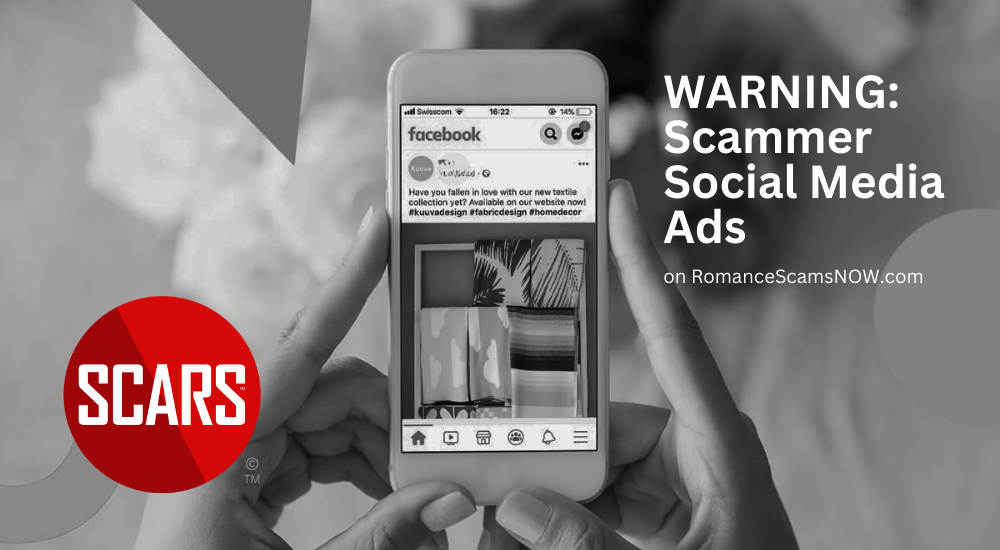
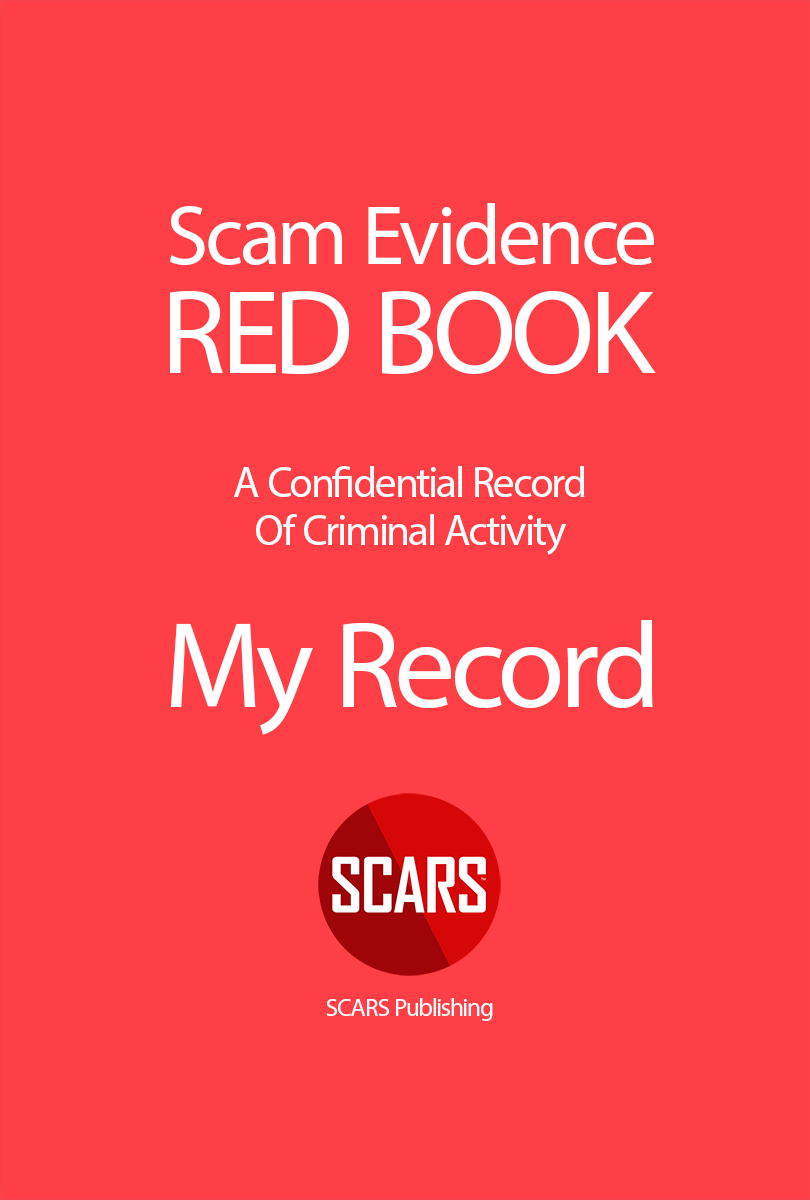
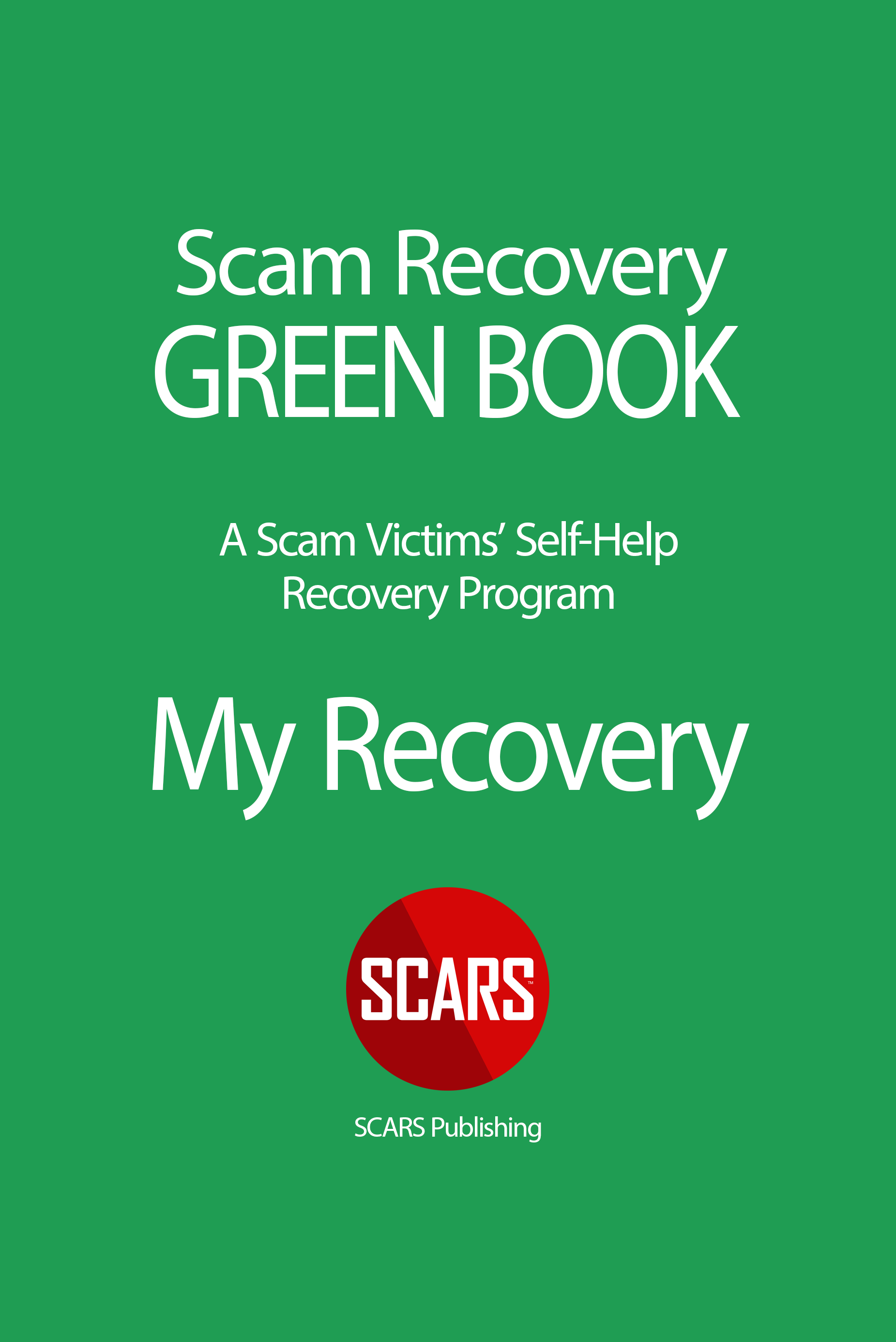
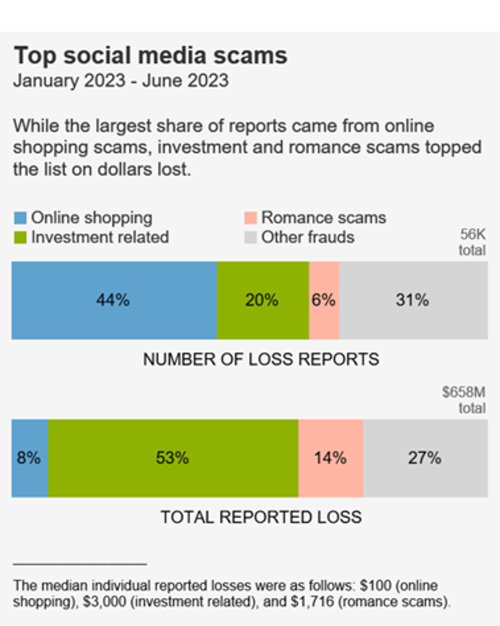










Leave A Comment